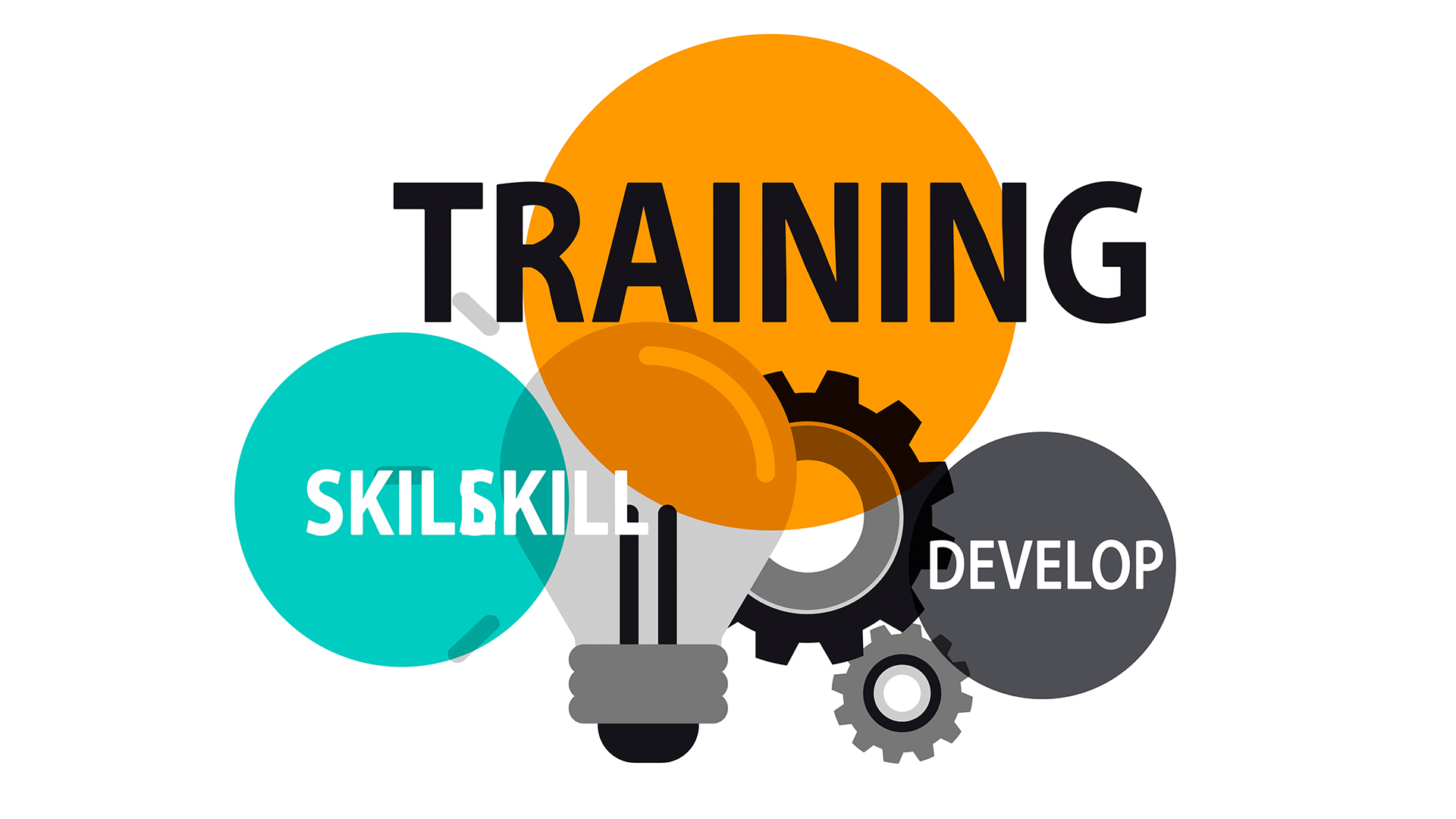
Become An Expert In Organizational Development
Course overview
It can be overwhelming to develop and carry out important strategies, programs, plans, and procedures for an entire organization. Our internationally accessible Organizational Development Certification Course is designed to especially help and benefit leaders in the management of organizational development for systems and human resources.
Why should I enroll in this organizational development course?
In order to improve the organizational development experience for workers, this Training Bee course’s projects, assignments, exams, and case studies help leaders solidify their understanding of the “Organizational Development System, Key Factors of Organizational Structure, and Strategic Methods.” By the end of the course, leaders will be able to apply the discipline of an organizational development strategist and foster aligned mechanics within their teams in addition to mastering the theories and themes covered in the syllabus.
What sets this program apart from others?
Our course content will assist department heads in enacting positive change through a methodical approach that takes into account people, processes, and the effects of change. At Training Bee, we make use of all the resources at our disposal to remind our delegates to explain rules, laws, and systems to workers in a manner that the latter can understand. Leaders will also discover the advantages of a strong organizational culture and the drawbacks of a weak culture. The chance to role-play difficult talks with stakeholders and provide strategic methods for organizational transformation would be advantageous to the delegates.
In order to enable you to lead a culture of success, value, and unrivaled consistency of purpose, this Training Bee training course was created. Your business will be in a position to adapt, innovate, and succeed if you implement people-centered initiatives, work to improve workplace quality, and take on corporate social responsibility.
Introduction
A training course in organizational development (OD) is intended to provide participants with the information, abilities, and resources required to support good change inside organizations. The area of organizational development focuses on an organization’s people, culture, procedures, and systems in order to increase its overall effectiveness, productivity, and flexibility. The course equips participants with a thorough understanding of fundamental OD ideas and methods, empowering them to take on leadership roles and act as change agents in their particular businesses.
Participants should have a thorough understanding of OD principles at the end of the course, be able to use OD tactics in practical settings, and have the self-assurance to lead and manage change within their organizations.
We are The Training Bee, a global training and education firm providing services in many countries. We are specialized in capacity building and talent development solutions for individuals and organizations, with our highly customized programs and training sessions.
Learning Objectives
Upon completing Organizational Development Certification Course, participants will be able to:
- Being able to promote a positive organizational culture
- Understanding of the EFQM model, which is effectively applied on a wide scale throughout the Middle East and South America
- The capacity to maximize organizational development interventions through understanding of the field from both a theoretical and practical standpoint
- Knowledge of the different organizational structures used around the world
- The ability to determine whether and how much their organization needs to be restructured Knowledge management and the various associated frameworks
Our Unique Training Methodology
This interactive course comprises the following training methods:
- Journaling – This consists of setting a timer and letting your thoughts flow, unedited and unscripted recording events, ideas, and thoughts over a while, related to the topic.
- Social learning – Information and expertise exchanged amongst peers via computer-based technologies and interactive conversations including Blogging, instant messaging, and forums for debate in groups.
- Project-based learning
- Mind mapping and brainstorming – A session will be carried out between participants to uncover unique ideas, thoughts, and opinions having a quality discussion.
- Interactive sessions – The course will use informative lectures to introduce key concepts and theories related to the topic.
- Presentations – Participants will be presented with multimedia tools such as videos and graphics to enhance learning. These will be delivered engagingly and interactively.
Training Medium
This Organizational Development Certification Course training is designed in a way that it can be delivered face-to-face and virtually.
Course Duration
This training is versatile in its delivery. The training can be delivered as a full-fledged 40-hour training program or a 15- hours crash course covering 5 hours of content each day over 3 days
Pre-course Assessment
Before you enroll in this course all we wanted to know is your exact mindset and your way of thinking.
For that, we have designed this questionnaire attached below.
- Give your own definition of organizational development.
- What do you think the main aims and purposes of organizational development are?
- Describe Organizational growth’s historical growth in a few sentences.
- Can you mention any influential individuals or OD-related seminal theories?
- Why do you believe that organizational development is crucial for contemporary businesses?
- What problems or difficulties do you think OD may aid organizations in resolving?
- Give illustrations of various OD interventions.
- What potential effects do these actions have on the culture and effectiveness of an organization?
Course Modules
This Organizational Development Certification Course covers the following topics for understanding the essentials of the Agile Workplace:
Module 1 – An Organizational Development Intervention’s Introduction
- Psychology of Behavior and Organizations
- Orientation for New Employees
- Who displaced my cheese?
- Organizational Development and Change: Managing Organizational Change System
- Discussion in groups and knowledge testing
Module 2 – Organizational Structure
- Building Blocks of an Organization
- Organizational Framework by Mintzberg
- The Easy Organization
- The Organization for Machines
- The Organization for Professionals
- Organizational Division
- The Ingenious Organization
Module 3 – Organizing a Restructuring
- Organizational restructuring is necessary.
- Vertical Structure
- Organization using a horizontal organization matrix
- Boons and Cons of Hierarchical Organizational Structures: A Summary
Module 4 – Synchronization of the Human System
- The employee resource.
- Occupational quality.
- Expression Freedom.
- Technology and Society (STS).
- Evaluation / Summary
Module 5 – Interventions for organizational development that are optimized
- Interventions in Human Processes
- Technological interventions in structures
- Interventions in HRM
- Strategies for Bringing About Change
- Putting Organizational Development Interventions into Practice
- Practice Project and Feedback for Individual, Group, and Organization
Module 6 – Strengthening Organizational Culture
- Statement of the Vision and Mission
- Characteristics of a Strong vs. Weak Organizational Structure: 4 Types of Organizational Culture
- The EQFM Performance Management Model
- Successful Organizational Cultures: Case Studies and Comments
Module 7 – Information Management
- An intangible asset is KM.
- Explicit and tacit knowledge.
- Roos Model and Von Krogh.
- Takeuchi and Nonaka.
- Model WIIG.
- Case Study with Comments
Module 8 – Improving the Organizational Development Process
- Mapping the employee journey.
- Interaction within the company.
- On-boarding Procedures.
- Workplace Wellness.
- Job referrals and offers made internally.
- Project and Comments
Module 9 – Aligning Employees with Organizational Development Goals
- Programs for Cultural Orientation
- Levels of Leadership Interventions
- Accountability each week
- Decisions are in line with corporate strategies.
- Exam for Knowledge, Practical Assessment, and Feedback
Post-course Assessment
Participants need to complete an assessment post-course completion so our mentors will get to know their understanding of the course. A mentor will also have interrogative conversations with participants and provide valuable feedback.
- What is organizational development (OD)? Describe its main objectives.
- Describe the essential tenets that guide successful OD procedures.
- List the key events and people who have shaped organizational development history.
- What are the current trends in the field of OD and how has it changed through time?
- Give at least three instances of various OD interventions and describe when each should be utilized.
- Discuss how these initiatives might affect the culture and effectiveness of the organization.
- Describe the steps that make up the change management process in the context of OD.
- How can communication and leadership help organizations adapt successfully?
Lessons Learned
Participants discover that organizational development (OD) is a strategic process that is specifically suited to the needs and objectives of each business, rather than being a one-size-fits-all strategy.
Understanding of Core OD Concepts: Understanding core OD concepts including change management, leadership development, team dynamics, and culture transformation is a vital learning.
Important of Stakeholder Engagement: Participants understand the value of incorporating stakeholders in the OD process at all levels. Successful change projects depend on including employees, management, and other critical stakeholders.
Knowledge and abilities in managing change within organizations are acquired by participants. They gain knowledge of various change models as well as the significance of strong leadership and communication during transitions.







